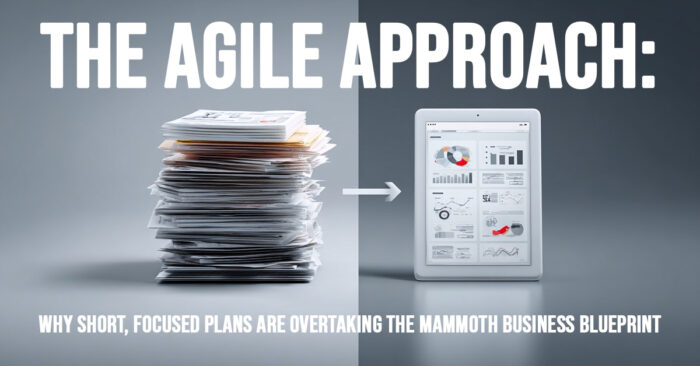Life Insurance and Loan Value, Cash Value and Surrender Value

Life Insurance and Loan Value, Cash Value and Surrender Value
You may be aware that there are generally two broad types of life insurance; term life insurance and permanent, or whole life insurance. You may even know that permanent or whole life insurance usually builds some equity over time. This equity may be tapped into to help get you through a difficult time or to take advantage of an opportunity.
You may not, however, be aware of the meaning of the different phrases describing this value. Here is a look at the differences between “cash value, “surrender value” and, “loan value” of a permanent life insurance policy.
Cash Value
The cash value of a life insurance policy is the cash or account value that the policy has accumulated over time. The longer the policy has been in force and the larger the premiums, the larger the cash value is likely to be.
Loan Value
One of the benefits of a permanent life insurance policy beyond that it builds value, is that the value can be accessed through a low interest loan. This allows funds to be accessed by the policy owner while still maintaining some of the protections of the life insurance policy. Money that is loaned through the policy can be repaid to restore the full value of the policy or the loan amount will be deducted in the event of the death of the insured.
Surrender Value
A policy’s surrender value is the net value of a permanent life insurance policy once any loans and/or fees are deducted. If the cash value of a policy, for example, is $5,000 and loans, interest and fees against the policy total $1,000, the surrender value would be $4,000. It is important to remember that if a policy is “surrendered” for its value, it is no longer in force. Any death or other benefits associated with the policy are negated. Surrendering a policy for its value, in essence, cancels the policy.
If premium payments on a permanent or whole life insurance policy stop, the policy may still provide coverage through its build up of cash value. This cash value will frequently be used to extend the coverage unless a policy is surrendered for cash or if its value is absorbed through unpaid loan interests and fees.
If you have a life insurance policy and would like to know if it has value, you can request a policy status from the issuing company. This will provide general details about the policy. If you have other questions, please feel free to contact our independent agents.
Do you have questions about your insurance? Find an insurance agent near you with our Agent Finder
Search All Blogs
Search All Blogs
Read More Blogs
Avoiding the Pitfalls: Common Mistakes of At-Home Businesses
Launch your home business right! Learn to avoid the common errors that can derail your entrepreneurial dreams.
Your Life Insurance Recipe: Crafting the Perfect Blend for Your Family’s Future
Find your perfect life insurance mix: Learn how to blend term and permanent policies for optimal family protection.
From Ford’s Innovation to Today’s Marvel: Unveiling the Secrets of Modern Car Production
Beyond the assembly line: Discover the surprising speed, customization, and quality checks involved in modern car manufacturing.
Beyond Pizza and Promises: Recognizing When It’s Time to Hire Professional Movers
Time to call the pros? Learn when pizza and beer just won’t cut it for your next move.
Mapping Our Roots: Uncovering the Stories Behind American City Names
City names revealed! Discover the historical, religious, and geographical influences behind the monikers of American cities.
The Agile Approach: Why Short, Focused Plans Are Overtaking the Mammoth Business Blueprint
Ditch the doorstop plan! Discover why concise, adaptable strategies are the new gold standard for business success.
Embracing Tomorrow: The Practical Power of Planning for Life’s Only Certainty
Face the future with confidence: Understand how planning for life’s only certainty with life insurance can provide lasting security.
Steering Your Savings: Taking Control of Your Car Insurance Rates
You’re in the driver’s seat! Learn how your credit, driving habits, vehicle choice, and smart shopping can lower your car insurance costs.
Underfoot Upgrade: Transforming Your Garage Floor from Forgotten to Fantastic
Don’t ignore your garage floor! Discover easy and impactful ways to upgrade this often-neglected area of your home.
Unwrapping the Wiener: A Deep Dive into the History and Lore of the Hot Dog
Beyond the bun: Discover the surprising history, varieties, and enduring appeal of America’s favorite tubular treat.









